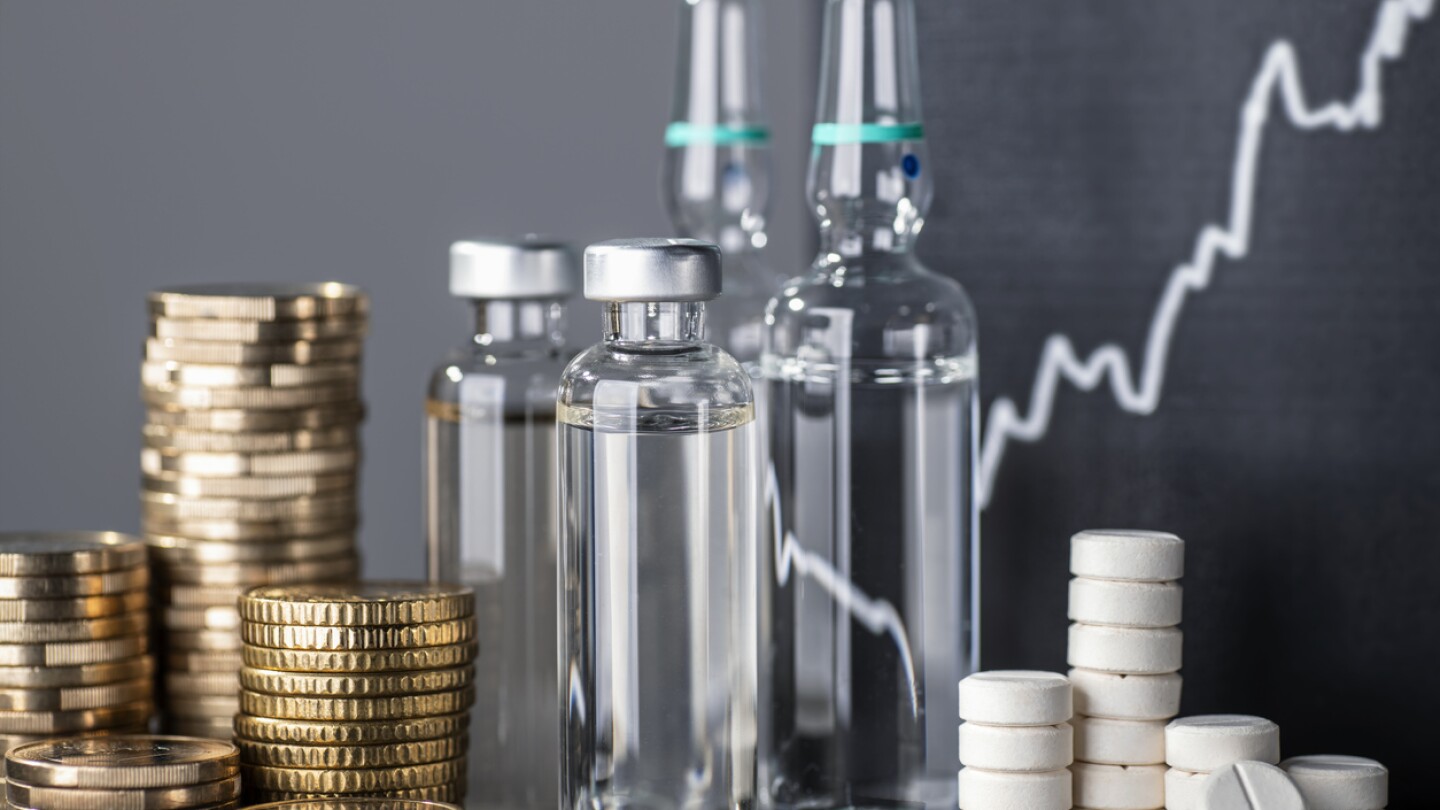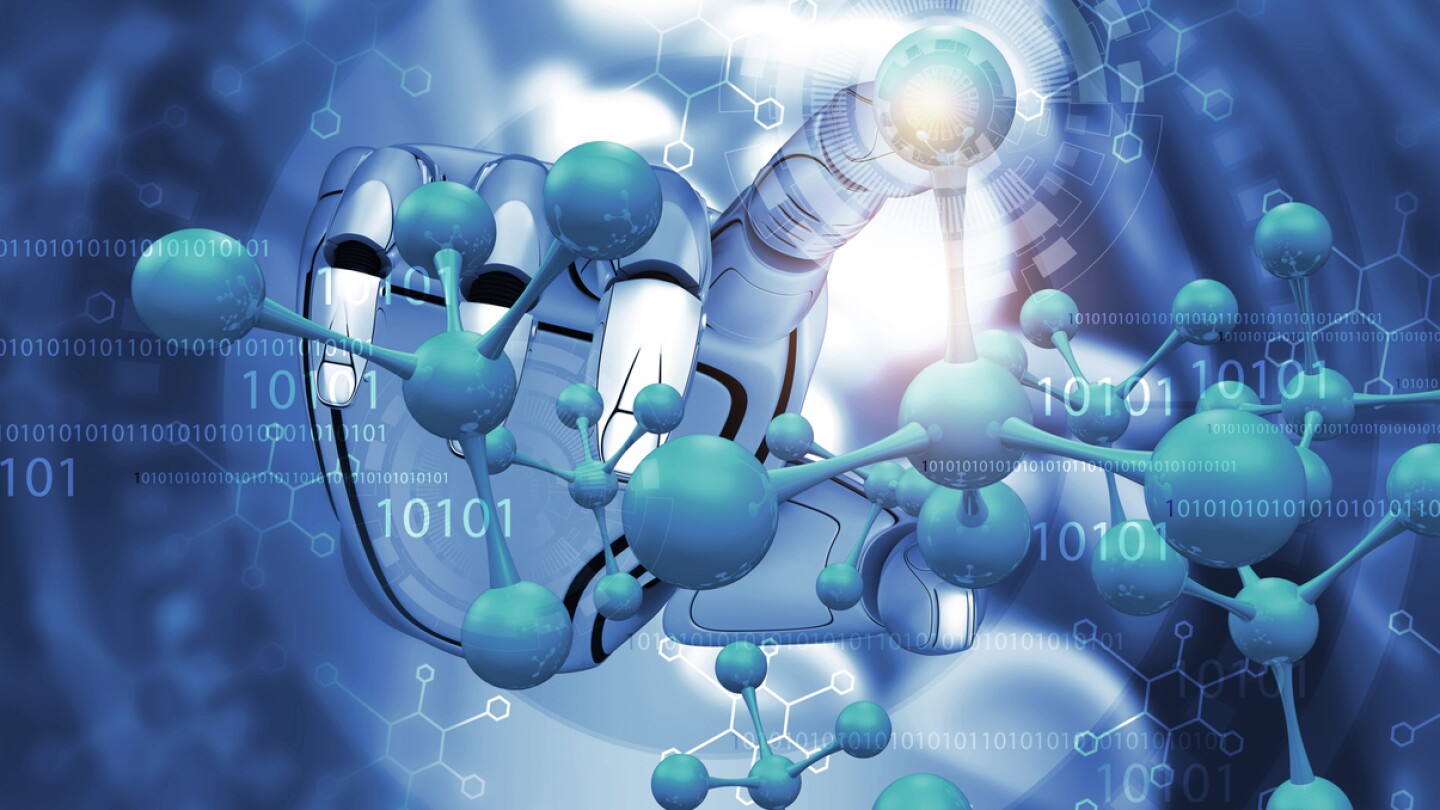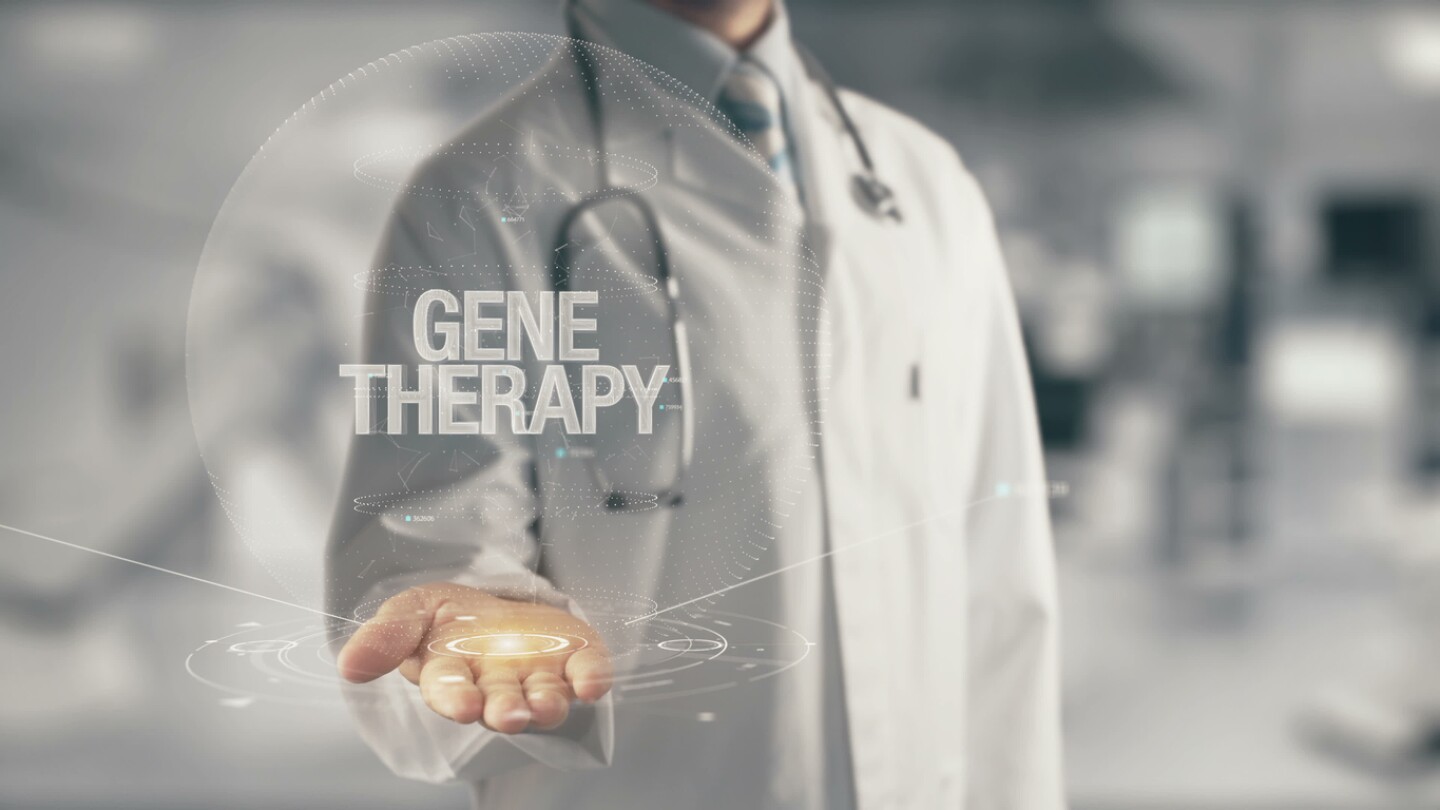Partnered
With inspections always on the table, LOTTE Biologics is pushing a proactive, quality first culture across its dual hubs in Syracuse and Songdo, backing its new single‑use ADC facility with rigorous training, self‑audits and real‑time regulatory surveillance.
One way Takeda lives out its values is by striving to ensure that patients are aware of and can access the company’s clinical trials. Two employees from its research and development organization discuss why representation matters and the work their team is doing to benefit patients now and in the future.
The pharmaceutical supply chain and device development have become intricately linked. Harmonizing formulation development with drug delivery device design—and leveraging a single‐vendor ecosystem—can deliver significant time, cost, and regulatory advantages for US‑focused drug products, according to industry experts.
As bispecifics, ADCs, protein degraders, and AI-designed mini-proteins move into the clinic, discovery teams face a new bottleneck: engineering and producing molecules whose complexity challenges conventional workflows.
Industry leaders say uncertainty in funding, clinical development and manufacturing is driving companies to embrace digital transformation, streamlined operations and strategic partnerships to navigate a turbulent market and global tariff pressures.
The market outlook is full of uncertainty and pitfalls. Experts weigh in on how to mitigate risks.
While the benefits of AI are clear, the amount data sets needed for effective AI integration is proving to be a challenge. This is particularly true for cell therapy companies as they are eagerly seeking ways to reduce development costs. Two experts at Charles River Laboratories provide insights by giving their takeaways from their own AI integrations.
Building and scaling biopharma workforces can go beyond recruiting permanent employees to include fractional workers and consultants. A Slone Partners executive discusses how these blended workforces operate, highlighting the strategic benefits.
The Future of Cell and Gene Therapy: Navigating Innovation, Regulation, and Manufacturing Challenges
An interview with Philip Vanek, chief commercialization officer of the International Society for Cell & Gene Therapy (ISCT), reveals both promising developments and significant concerns shaping the advanced therapies sector’s trajectory through 2025 and beyond. This interview was conducted with support from Tozaro.
While Quantum computing has been reported to be five years away for many years now, companies are preparing for it by setting foundations with AI in development.










